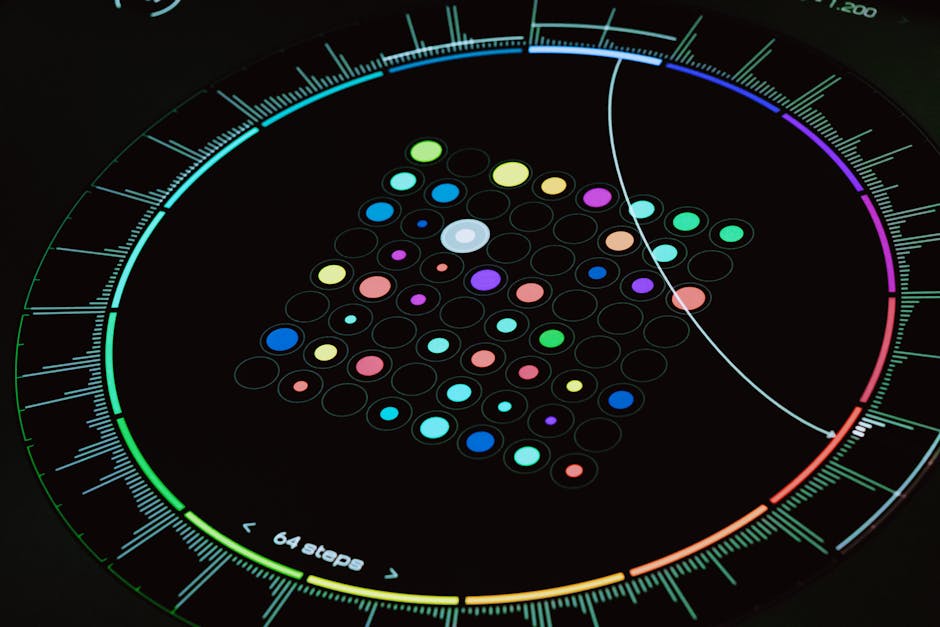A fundamental stumbling block lies in our current understanding of causality. Physicists describe time as a unidirectional arrow, consistently moving forward. This arrow, while often depicted as a simple linear progression, is deeply intertwined with the laws of thermodynamics, the second law of which postulates that entropy, a measure of disorder, always increases in closed systems over time. Essentially, the universe naturally tends towards a state of greater chaos. This inherent directionality is a fundamental feature of our universe and, as of now, there’s no compelling theory to circumvent it.
Nevertheless, certain theoretical frameworks hint at potential avenues for temporal displacement, albeit in ways far removed from the futuristic depictions of time machines. Einstein’s theory of general relativity provides a compelling lens through which to examine the possibility of manipulating time. His equations describe gravity as a curvature of spacetime, a four-dimensional continuum encompassing both space and time.
This warping of spacetime suggests that extreme gravitational fields might alter the passage of time itself. A sufficiently dense object, like a black hole, could theoretically create a region of spacetime where time flows at a significantly different rate compared to our own. However, this effect is highly localized and dependent on the extreme environment. Navigating such a region, without encountering the inevitable gravitational collapse, poses insurmountable challenges, making practical application of this concept elusive.
Another fascinating concept explored in theoretical physics is wormholes. These hypothetical tunnels through spacetime, predicted by general relativity, could potentially connect two distant points in space and even time. If a wormhole could be stabilized and traversed, it could in theory allow for travel between different points in spacetime, including different points in time. However, the existence of wormholes remains firmly in the realm of speculation. Further, the energy requirements to stabilize and traverse such a structure are unimaginably high, exceeding any conceivable resource.
Quantum physics, dealing with the microscopic realm, provides another avenue of exploration. Quantum entanglement, a phenomenon where two or more particles become linked in such a way that their fates are intertwined, presents a complex possibility. If entangled particles could somehow be separated in time, a potential for influencing the past or future of one particle by manipulating the other might arise. While intriguing, the current theoretical models fall short of demonstrating how such a system could be controlled to accomplish temporal travel, and the complex interactions needed remain an uncharted territory.
One of the greatest hurdles stems from the inherent paradoxes that arise in any discussion of time travel. Consider the classic grandfather paradox: if you were to travel back in time and prevent your own grandfather from meeting your grandmother, you effectively prevent your own existence. This self-contradictory outcome challenges the fundamental logic of causality and raises serious doubts about the plausibility of time travel. Such paradoxes indicate a profound inconsistency within our current understanding of physics and are a potent argument against the notion of time travel as we often imagine it.
Furthermore, the sheer energy requirements for any time-traveling mechanism are astronomical. To warp spacetime or even maintain the integrity of a hypothetical wormhole would necessitate energy levels far beyond our current capabilities. Producing and controlling such energy sources presents an insurmountable obstacle. Current technologies have no basis for these levels of energy manipulation.
Finally, considerations must be given to the very nature of time itself. Is it linear, as we perceive it, or is it something more complex? Our linear perception of time may be a mere consequence of our limited understanding of the universe. The universe might be a far more intricate, multi-dimensional network that unfolds in ways we are presently unable to grasp. A fuller theory, encompassing a broader understanding of quantum mechanics, general relativity, and potentially some as yet undiscovered force or phenomenon, would be required to truly understand the nature of time and the possibilities it might hold.
In conclusion, while the concept of time travel captivates the imagination, the hurdles currently presented by established physical laws and fundamental paradoxes make the creation of a time machine, at least in the practical, everyday sense, highly improbable. Current research suggests that time travel, if possible at all, would likely operate under vastly different principles than those envisioned in science fiction. Further breakthroughs in our understanding of the universe, possibly through entirely new scientific avenues, might one day change this outlook. But for now, traversing the temporal dimension remains a fascinating exercise in theoretical exploration, firmly rooted in the realm of speculation.
